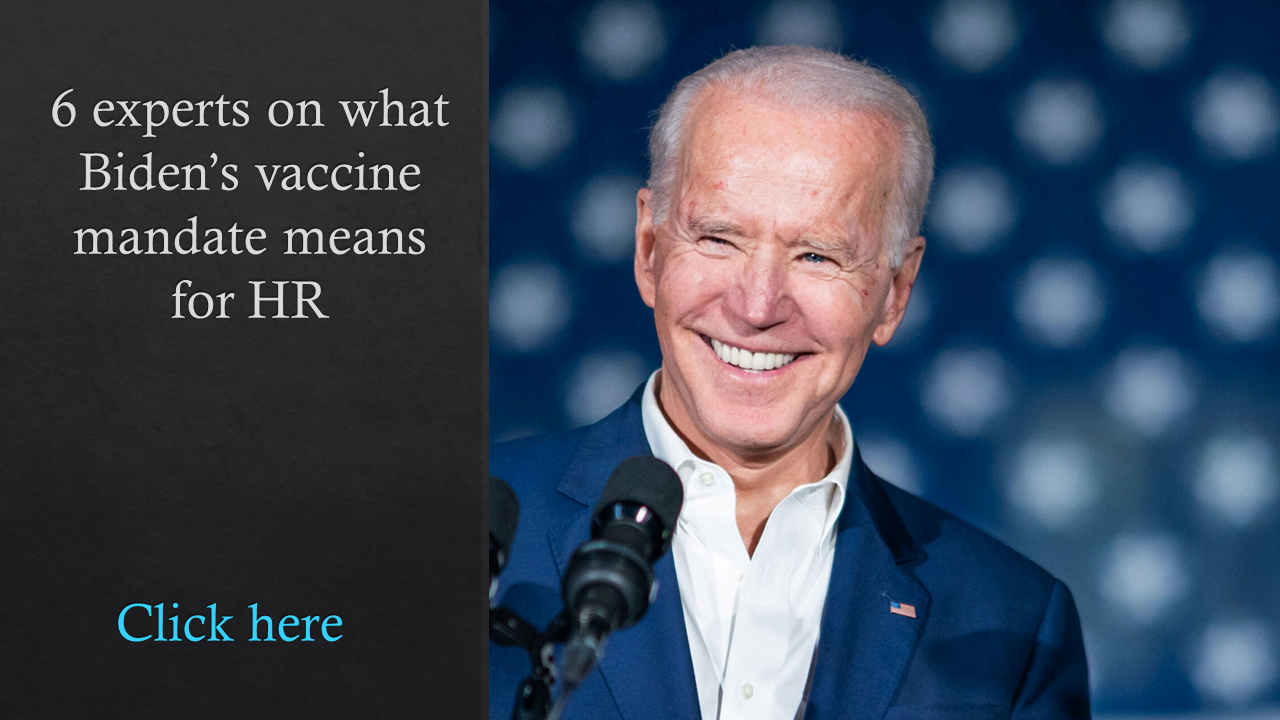More than half of employers say they are rethinking their return-to-work timing in the midst of the Delta variant, which is responsible for the latest COVID surge, according to new data from the National Alliance of Healthcare Purchaser Coalitions. The group polled 142 employers that are members of coalitions affiliated with the National Alliance in August 2021. Organizations represented included manufacturers, educational services, public administration, finance and insurance, and healthcare and social assistance institutions.
What it means to HR leaders
The Delta variant has changed all sorts of employer plans–including their return-to-the-office plans. After widely embracing remote work for well over a year, a number of organizations had planned to fully reopen offices for workers in September.
In recent weeks, scores of employers have made announcements saying they are delaying those plans because of the COVID surge. But the new data from the National Alliance paints a clearer picture of just how many employers are rethinking their return-to-office plans.
“The Delta variant has changed the game on employer efforts to return to normal and created even more uncertainty about the safety and sustainability of their COVID-19 strategies,” says Michael Thompson, National Alliance president and CEO.
 Microsoft just announced it is nixing its office reopening plan for October and instead says it will indefinitely postpone its return-to-work transition. Paylocity told HRE last month that it is putting its return-to-office plans on hold as well.
Microsoft just announced it is nixing its office reopening plan for October and instead says it will indefinitely postpone its return-to-work transition. Paylocity told HRE last month that it is putting its return-to-office plans on hold as well.
Related: How return-to-work plans are evolving due to the Delta variant
Many experts say employers that are able to push back return to the office dates should do so. Not only is it a wise strategy in keeping employees healthy, but it’s also a smart one to retain workers, experts say. Recent research show employees–even vaccinated ones–are growing fearful of the Delta variant, with many saying their biggest concern about returning to the office is a fear of getting sick. Not listening to employee concerns, and neglecting health and safety, is a surefire way to lose workers, especially in a hot talent market where companies are struggling to keep and hire workers.
“COVID safety is especially important given today’s tight talent market,” Traci Fiatte, CEO, professional and staffing at Randstad USA, told HRE recently.

